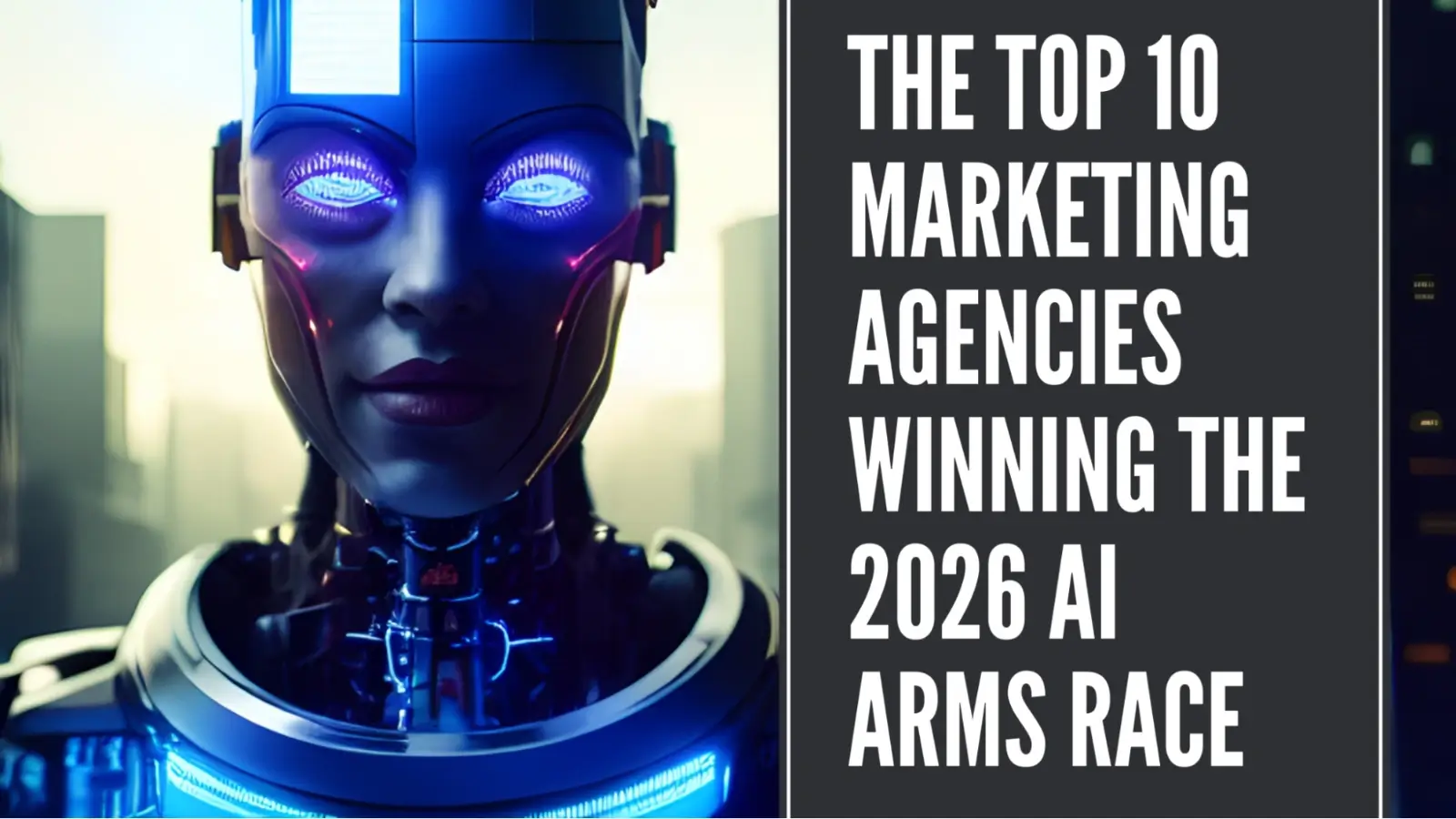In the fiercely competitive digital world of today, marketers are surrounded by data. However, one of the most important concerns is still obstinately unanswerable: What is genuinely propelling growth? This has long been the focus of traditional attribution models like last-click and linear, but their shortcomings are becoming increasingly obvious. AI-powered incrementality measurement is the next big thing.
What is Incrementality Measurement?
At its core, incrementality measurement aims to determine the true impact of a marketing activity. Instead of simply crediting a conversion to the last click or impression, it asks: Would this action have occurred without the marketing effort? In other words, it isolates the causal impact of a campaign.
A growing number of brands are turning to incremental marketing as a strategic approach, focusing on initiatives that measurably drive new value rather than just re-attributing existing customer behavior. Incrementality measurement is at the heart of this shift, guiding smarter, data-informed decisions.
Why Traditional Attribution Falls Short
Because they don't take into consideration overlapping advertisements or organic behaviors, traditional models are frequently deceptive. For instance, a user may have made a purchase without having seeing your Instagram advertisement, but most attribution models give that ad full credit. This may result in poor optimizations and financial waste.
Furthermore, data fragmentation only makes the attribution issue worse as privacy laws become more stringent and cookies lose their dependability.
How AI is Revolutionizing Incrementality
Our capacity to gauge actual marketing performance has been greatly enhanced by artificial intelligence, especially in the areas of machine learning and causal inference. Here's how artificial intelligence differs:
-
Automated Experiment Design: By generating artificial control groups, AI can mimic randomized control trials (RCTs), allowing for scalable A/B testing even in situations where real-world testing is not feasible.
-
Real-Time Analysis: It takes a lot of time to do traditional incrementality tests. As campaigns run, AI models can identify incremental impact by analyzing real-time data streams.
-
Cross-Channel Insights: AI doesn’t just analyze isolated data points — it understands the interplay between channels, surfacing insights that span across touchpoints.
-
Adaptability to Privacy Changes: AI models trained on aggregated or anonymized data still perform effectively, making them future-proof in a post-cookie world.
Practical Applications
Some of the most innovative brands are already using AI-driven incrementality solutions to:
-
Optimize media spend by reallocating budgets to truly impactful channels.
-
Measure the long-term brand lift of awareness campaigns.
-
Test promotional strategies, pricing experiments, and creative variations.
-
Evaluate the halo effects of influencer marketing.
Challenges and Considerations
AI-powered incrementality has challenges, just like any new technology. Strong statistical models, high-quality data inputs, and coordination between the data science and marketing teams are necessary. Additionally, marketers must have faith in the models, even if the outcomes contradict long-held beliefs.
However, the benefit? improved ROI visualization, more intelligent advertising, and a significant competitive advantage.
The Future is Incremental
Reach, clicks, and impressions are no longer the only factors in marketing. It has to do with comprehending effect. AI is a paradigm shift in the way we assess value, not merely a new tool in the marketing toolbox.
In this new era, successful companies will be more than just data-driven. They will constantly test, learn, and adjust in response to what actually propels incremental growth because they will be causality-aware.
















